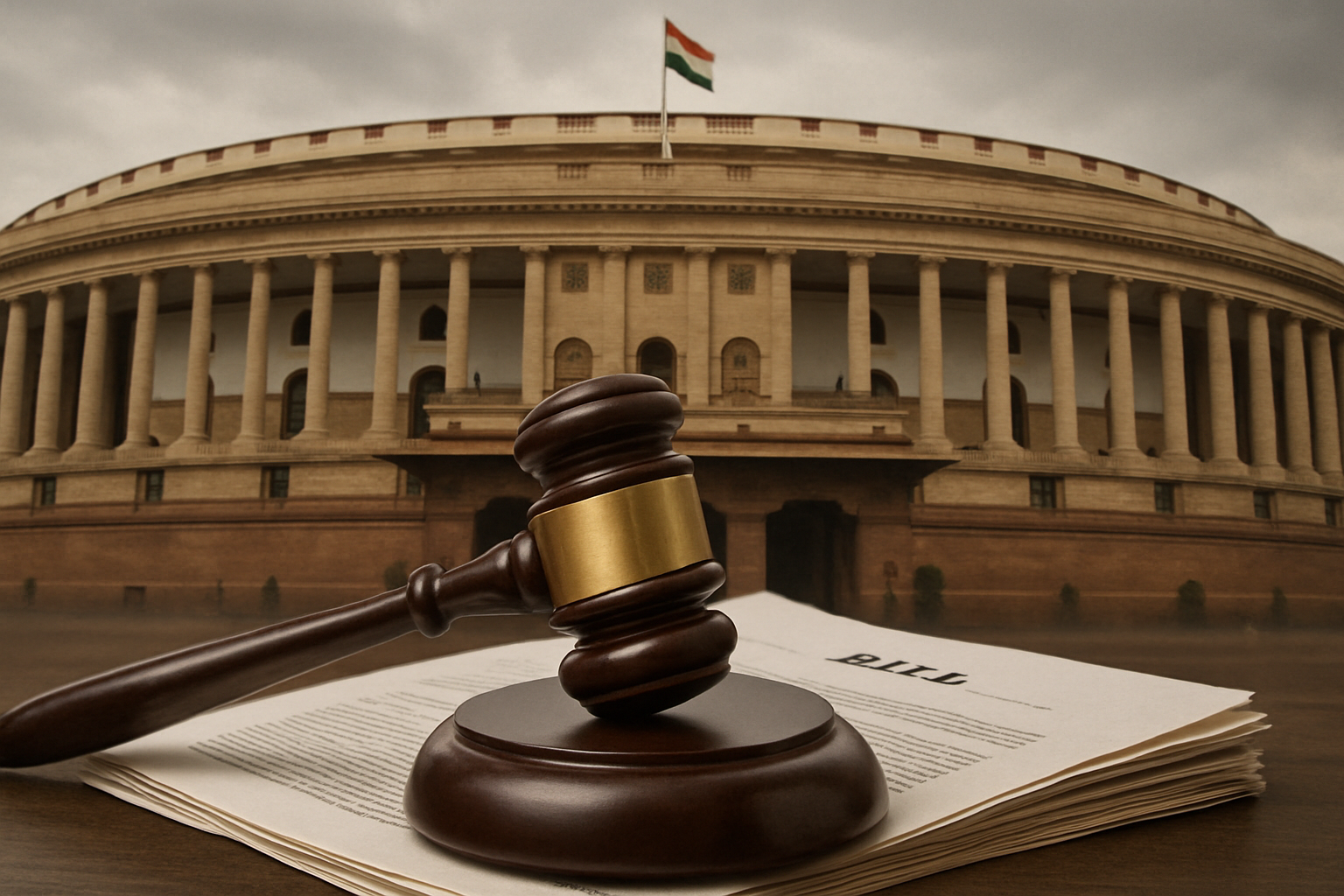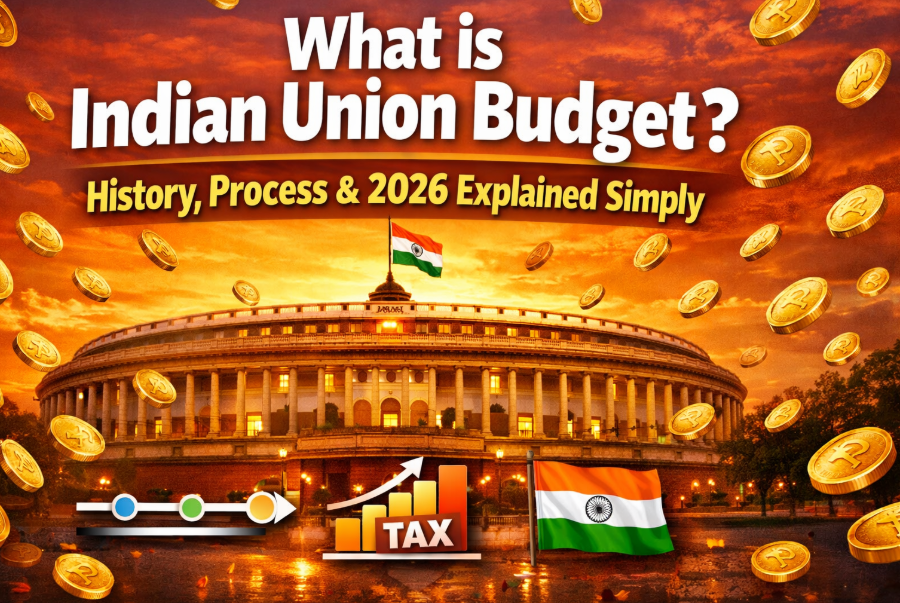Recently, a significant bill was introduced in the Lok Sabha aiming to establish a legal framework for the removal of the Prime Minister, Chief Ministers, Union ministers, and state ministers if they are arrested or detained on serious criminal charges for a continuous period of 30 days. This bill, part of the Constitution (One Hundred and Thirtieth Amendment) Bill, 2025, seeks to amend Articles 75, 164, and 239AA of the Indian Constitution, as well as relevant laws governing Union Territories, including Jammu and Kashmir.
Key provisions of the bill include:
- If a minister, chief minister, or the prime minister is held in custody for 30 consecutive days in connection with an offense punishable by imprisonment of five years or more, they will automatically cease to hold office from the 31st day.
- The minister in custody can tender a valid reason before the 31st day of arrest to avoid removal.
- For Union Territories, the bill amends relevant sections to provide a clear legal mechanism for the removal of ministers in such situations.
The bill is intended to uphold constitutional morality, enhance public trust in elected representatives, and prevent individuals facing serious charges from holding public office during their detention. Union Home Minister Amit Shah moved the bill, emphasizing the importance of moral standards in public life.
However, the bill has faced strong opposition from various political groups, who argue that it undermines the constitutional principle of “innocent until proven guilty,” threatens federalism, and can potentially be misused for political vendettas. Critics warn that the provision could weaken democracy and the checks and balances of governance.
The bill has been referred to a Joint Parliamentary Committee (JPC) that includes members from both ruling and opposition parties to deliberate further before final approval.
This legislative move marks a significant attempt to balance governance integrity with constitutional rights, sparking a robust debate on political accountability and democracy in India.
Also See: Assamese Language: Origin, Evolution, Legacy & Classical Status
Also See: National Waterways of India





